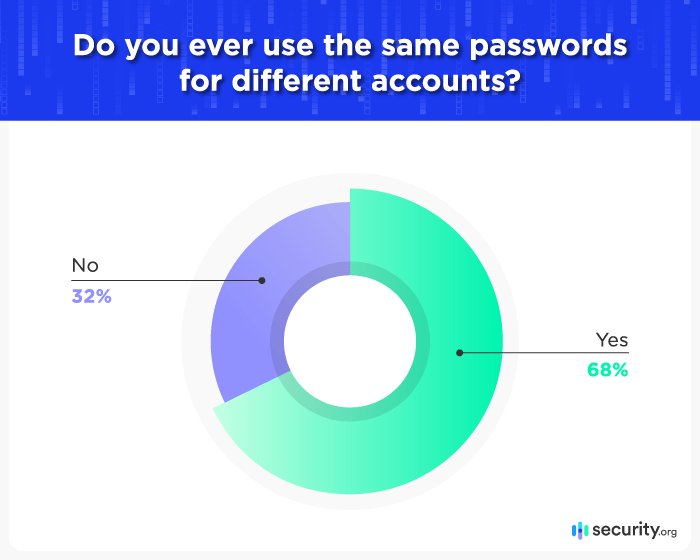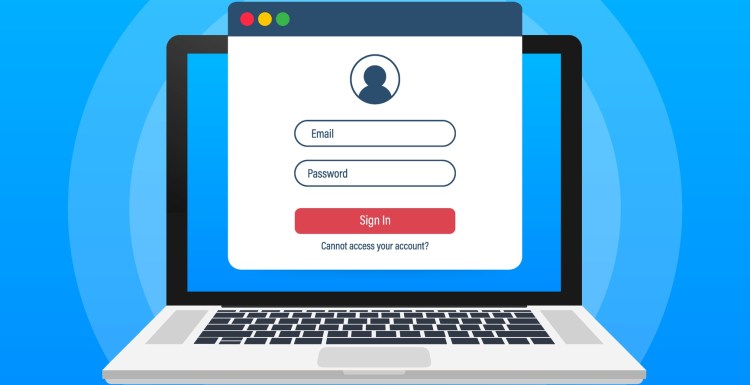Want smarter insights in your inbox? Sign up for our weekly newsletters to get only what matters to enterprise AI, data, and security leaders. Subscribe Now
In conjunction with Cybersecurity Awareness Month, a new report by Security.org finds that 68% of Americans use the same password across accounts.

This isn’t the only disturbing password statistic: More than one in three of Americans (37%) also share passwords with others — up 25% from last year. That rise may be due to increased sharing of streaming services’ login information. Research found about 88 million accounts are “borrowed” from people outside the account holder.
While the report also found nearly 40% of more than 1,000 U.S. adults’ passwords have been hacked, and less than half feel very confident in the security of their passwords, there were encouraging security measures that took place in the past year.
AI Scaling Hits Its Limits
Power caps, rising token costs, and inference delays are reshaping enterprise AI. Join our exclusive salon to discover how top teams are:
- Turning energy into a strategic advantage
- Architecting efficient inference for real throughput gains
- Unlocking competitive ROI with sustainable AI systems
Secure your spot to stay ahead: https://bit.ly/4mwGngO
Notably, 85% are now employing two-factor authentication, adding a layer of online security to their passwords. In addition, the use of password generators nearly doubled year-over-year, from 15% to 27%, and password management services or browser vaults increased by 10%.
Furthermore, Americans have ditched shorter passwords of fewer than eight characters, with 84% using at least eight. However, more than half use familiar names in their passwords, such as their own name, their children’s names, or their pet’s names. Using familiar names makes hackers’ work easier, as greater portions of users’ personal, professional, and financial lives transpire online.
Americans have a lot to learn about managing passwords. After all, the most used password in the U.S. is “123456,” which can be cracked in less than a second.
Read the full report by Security.org.


